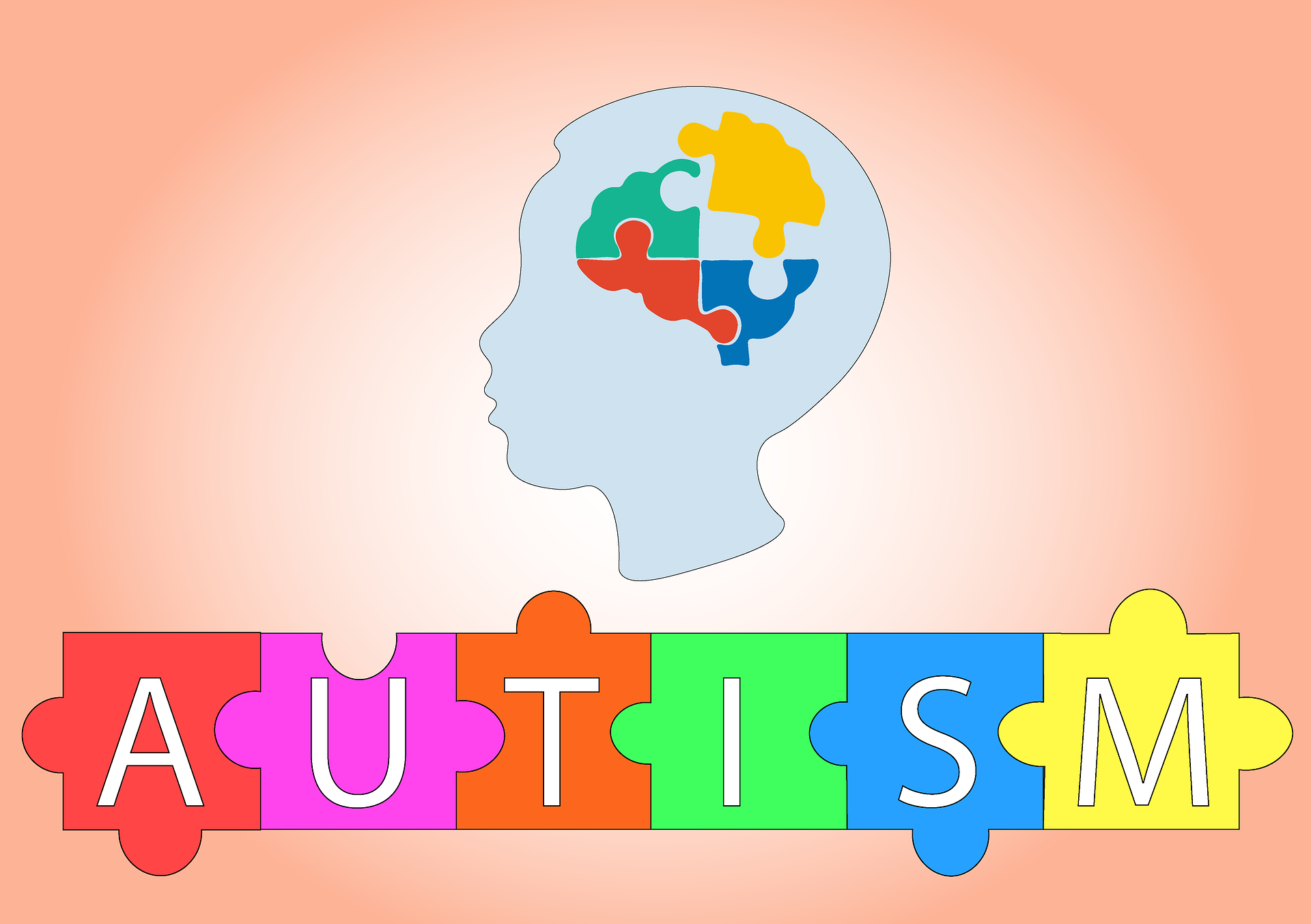If you have a child who is on the autistic spectrum and others who are neurotypical, it can be hard to explain exactly why their sibling has some additional needs, especially if they are young. Yet understanding about autism at an early age is important, since it can benefit everyone in the family, including the neurotypical child or children.
So just how can you go about explaining autism to your other children in a way that won’t scare them or confuse them? It can be hard to do it, but read on for some useful tips that will help everyone understand a lot more, including you.
Don’t Use Labels
Labels aren’t particularly useful when they are used to define people. We’re all so varied and unique, that although it might be neater and tidier to label everyone as this thing or that, it really doesn’t make all that much sense. This is why, when you’re explaining autism to your child’s siblings, it’s better to stay away from labels if you possibly can. Even the word autism itself is a label, used to describe a huge range of different traits and symptoms.
So when speaking to a younger child who is wondering why their brother or sister needs Floortime therapy, or why they don’t speak, or why they sometimes get frustrated, it’s best to ignore the labels and use different terminology. In that way, the neurotypical siblings won’t be scared of this condition and they won’t accidentally feel separated from their brother or sister because they are ‘different’.
Always Be Honest
The best policy, as always, is honesty when it comes to explaining your child’s autism spectrum diagnosis to their siblings. They need to know how – and if – this diagnosis is going to affect them, and it’s only fair that you let them know if this is the case.
If, as parents, you can help all your children discuss their feelings and emotions, that will be very helpful. This means being open and honest yourself, and being completely transparent when it comes to how you are feeling, as children learn from their parents. The more open you can all be with one another, the easier it will be to help your children when they need it. Not only is this useful in this specific situation, but being able to talk about their feelings is something that will stand them in good stead in the future too, so it’s doubly important.
Use Books
You don’t have to do all the work yourself, especially if you’re worried about doing or saying the ‘wrong’ thing. Sometimes the very best tools you can use to help you get this important information right and to impart the information in the right way, is a book – or books, since there are many on the subject. The books you choose should be age-appropriate (what is going to make sense to a teenager is not going to work so well for a five-year-old, for example), and it’s important that you read the books first. You need to know what the advice is that is being given, and you need to be sure that you agree with it. Simply handing a book over to a child and asking them to read it isn’t going to be enough.
Once they have read the book, or you’ve read it to them and with them, it’s time to reassure them and see if they have any questions. Again, reading the book alone is only going to go so far, and what you do afterward is going to help present the full story.
Get First-Hand Advice
If you’ve never been in the position of needing to explain autism to anyone before, let alone your children, then knowing where to start can be hard enough, not to mention understanding what information to provide and what they don’t need to know about.
This is why it can be so useful to join support groups and talk to other parents who are in the same position and have already dealt with the issue. Learning from them how to broach the subject, when to do it, and what to say, can be ideal. Even learning what didn’t work so well can help you steer clear of problems.
In the end, of course, the choice of what to say, when to say it, and whether to discuss it at all is always going to be yours. You will know what’s best for your family and you’ll know how to move forward.








